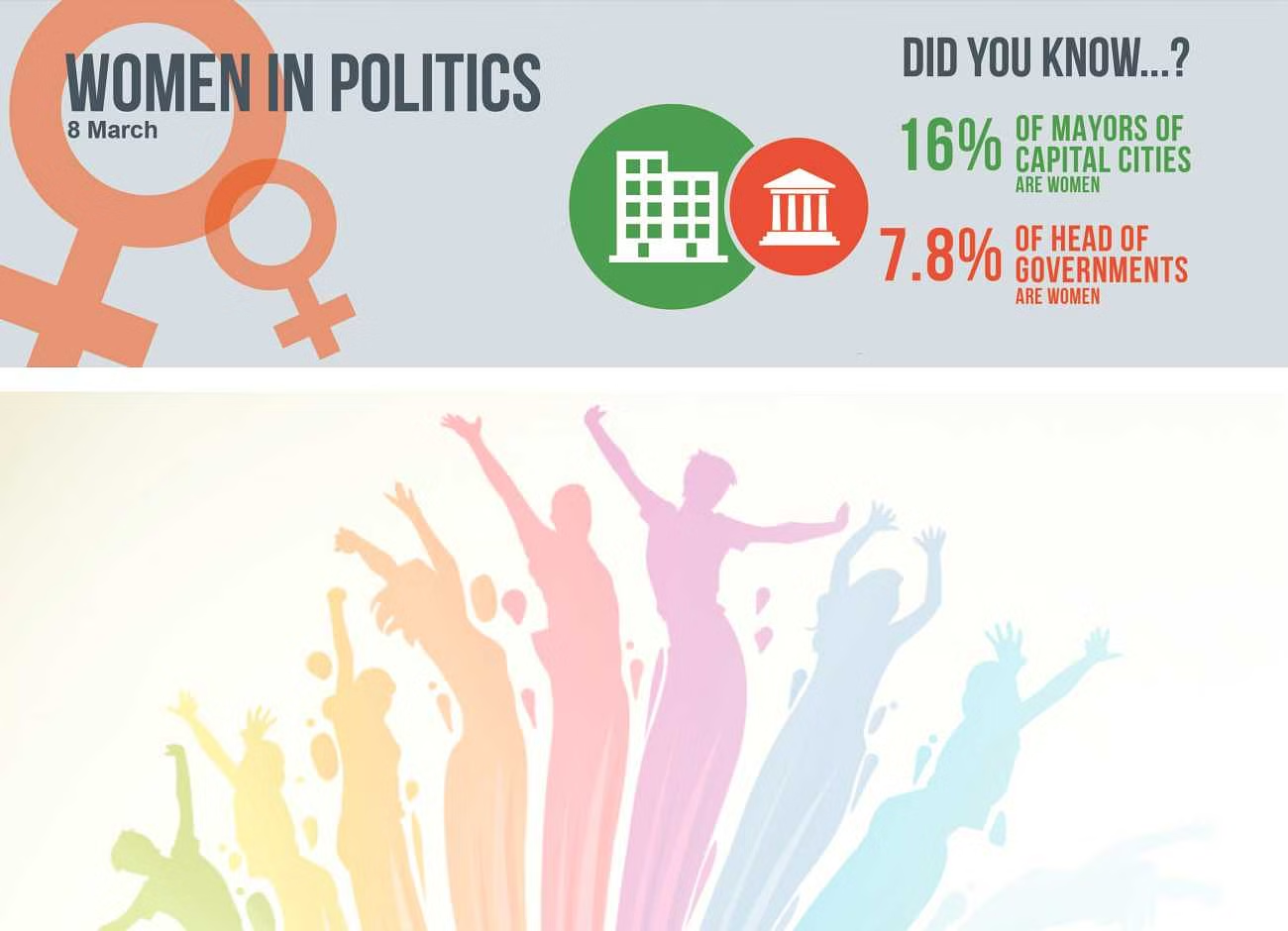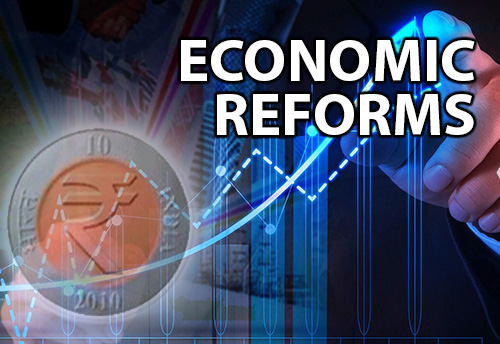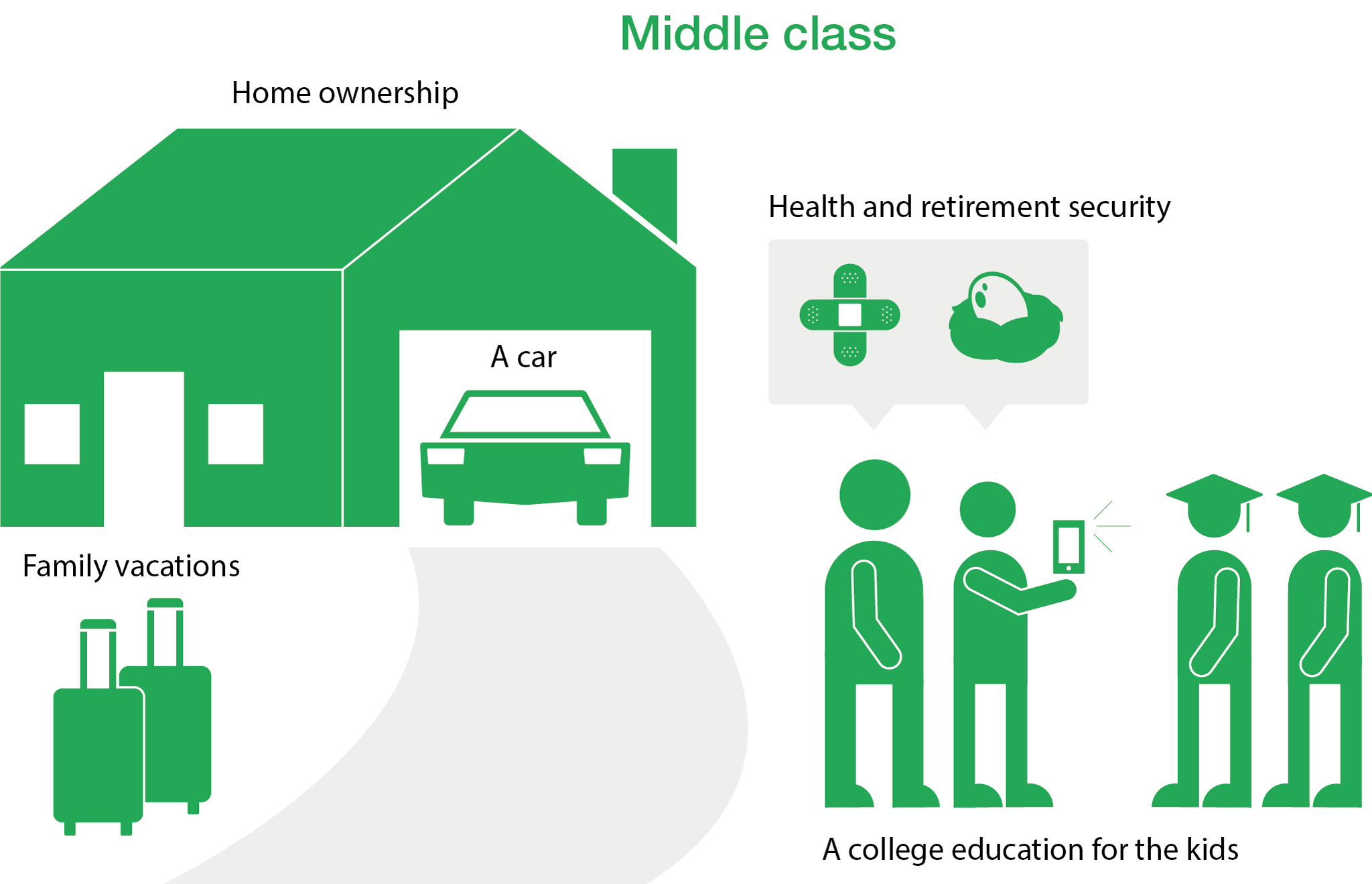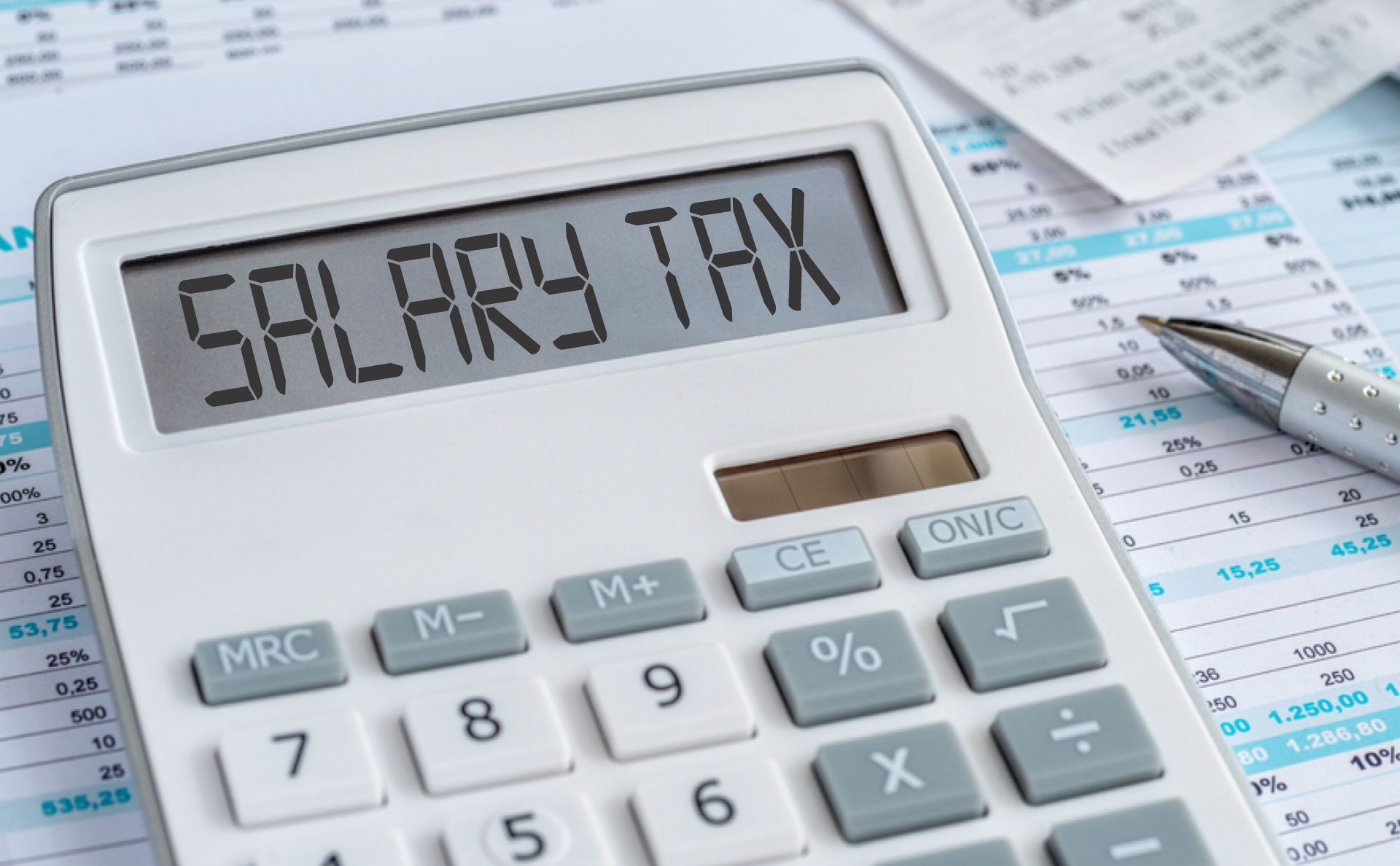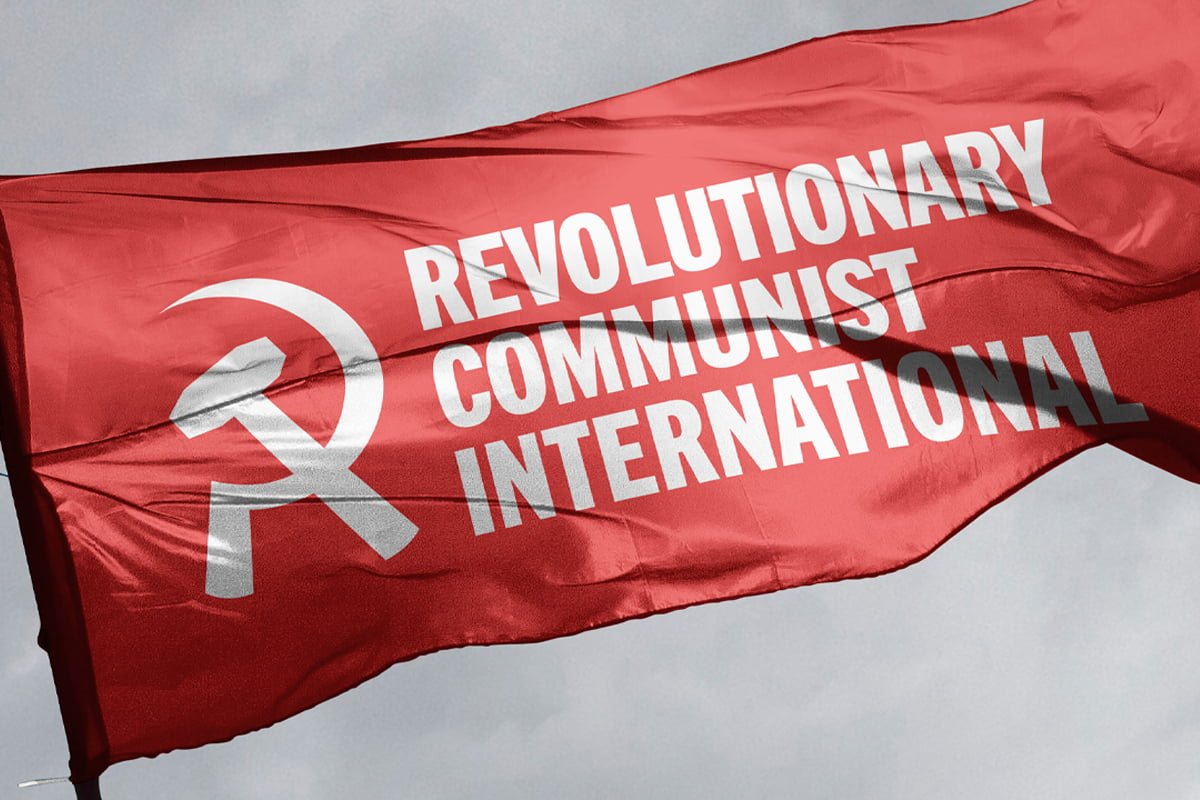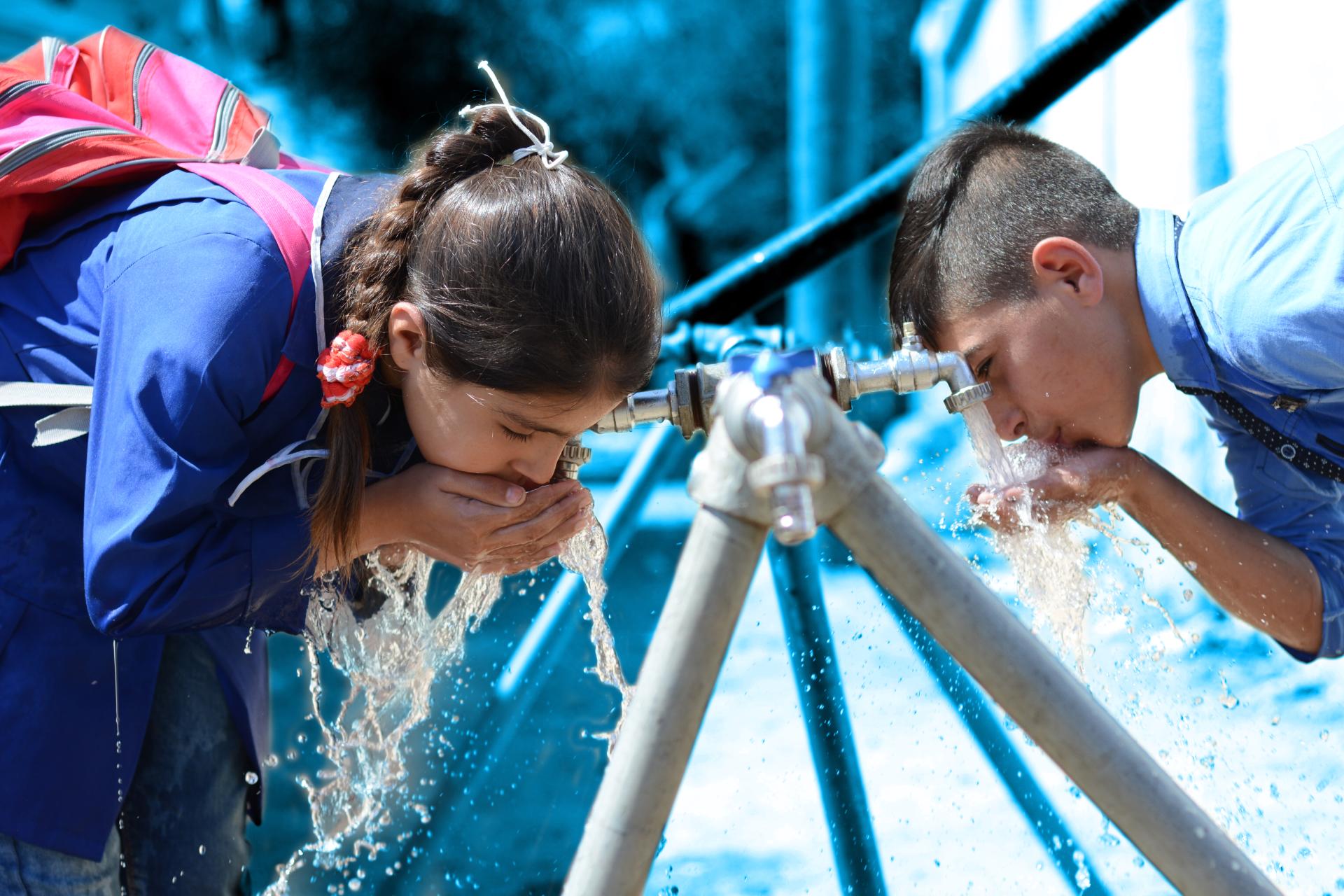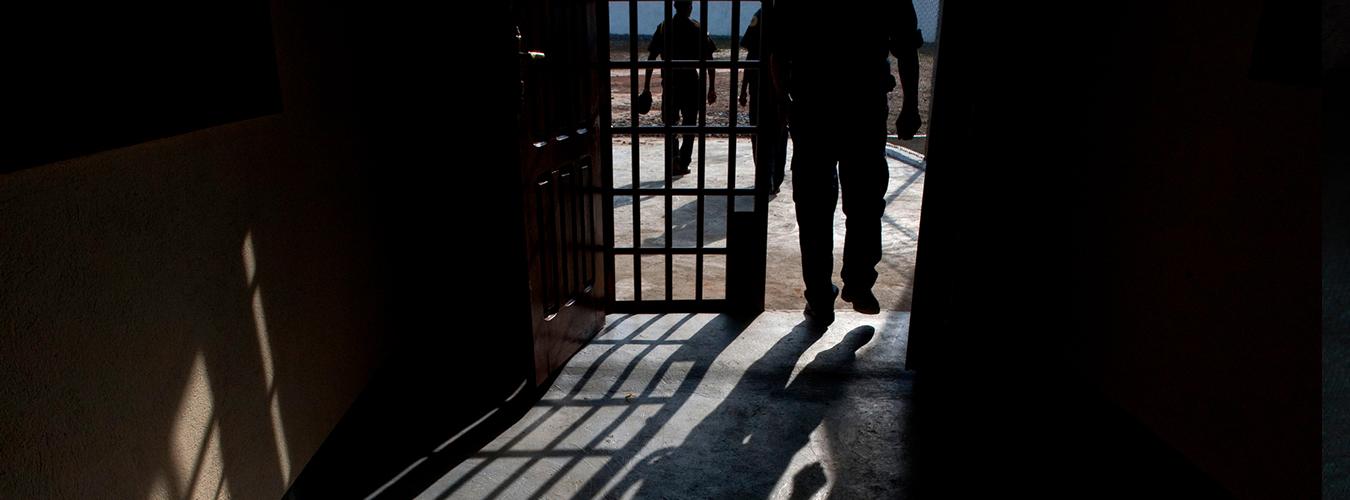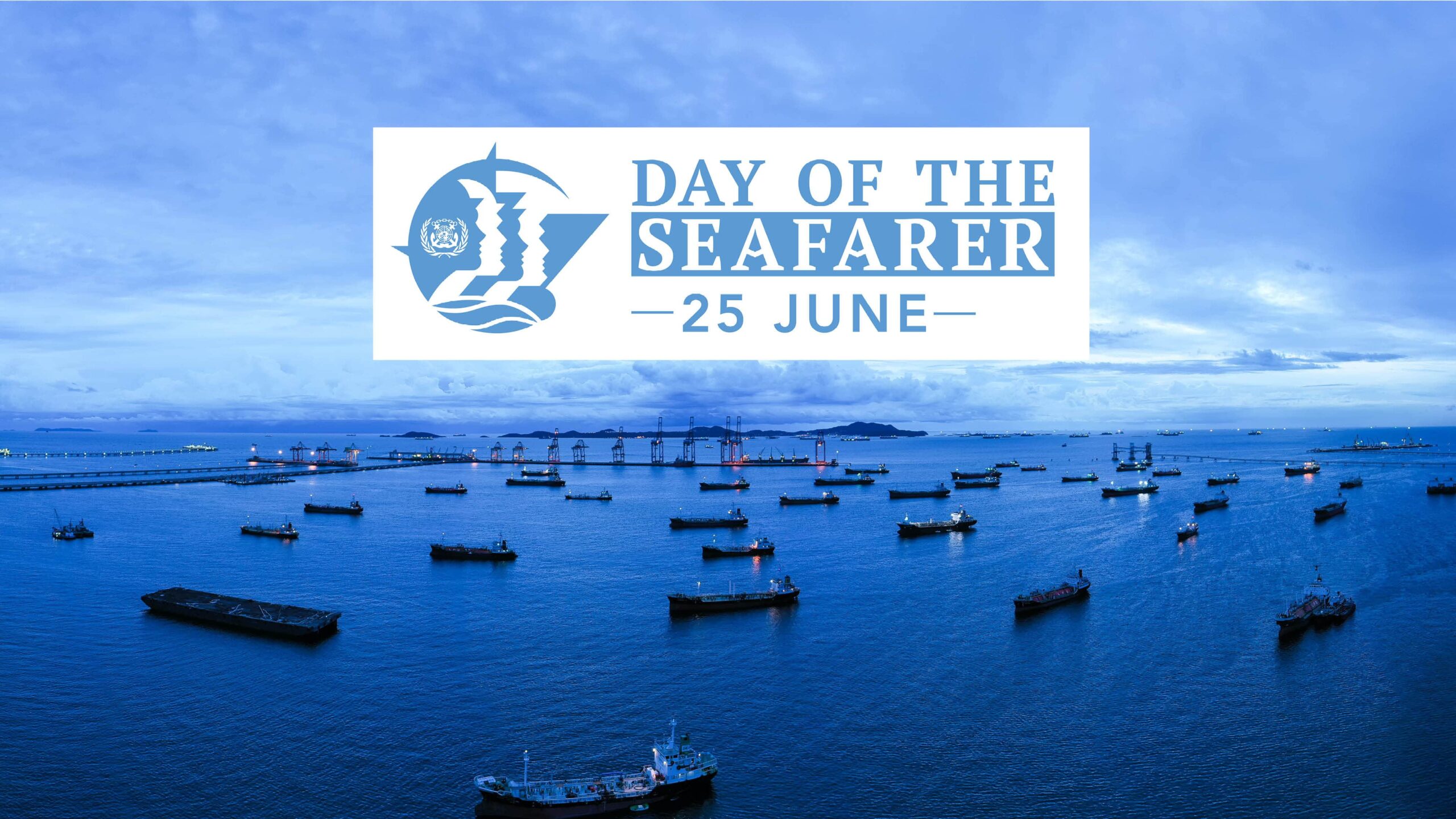Saadia Ali
Gender equality refers to the equal rights, responsibilities, and opportunities for individuals of all genders. It involves ensuring that individuals of all genders have equal access to resources and can participate fully in all aspects of society without facing discrimination. Achieving gender equality is crucial for fostering a fair and just society where everyone has the opportunity to reach their full potential, regardless of their gender.
In the context of politics, gender equality is of paramount importance for several reasons. Firstly, a diverse and inclusive political system that reflects the full spectrum of society, including women, leads to better decision-making. When women are represented in politics, their unique perspectives and experiences can contribute to more well-rounded policies that address the needs of the entire population. This ultimately leads to more effective governance.
Additionally, gender equality in politics is essential for upholding the principles of democracy. In a truly democratic society, all individuals should have an equal opportunity to participate in the political process, including running for office, voting, and holding leadership positions. When women are underrepresented in politics, it undermines the democratic ideal of equal representation and voice for all citizens.
Furthermore, achieving gender equality in politics can help dismantle systemic gender-based discrimination and stereotypes. By breaking down barriers that prevent women from fully participating in politics, society can challenge traditional gender roles and norms, thus paving the way for broader social change. This can have a ripple effect, positively impacting other areas such as education, employment, and healthcare.
In summary, gender equality in politics is fundamental for promoting a fair and inclusive society, improving decision-making, upholding democratic principles, and challenging gender-based discrimination. It is an essential component of building a society where individuals of all genders have the opportunity to thrive and contribute to the betterment of their communities and nations.
Pl watch the video and subscribe to the YouTube channel.
Pakistan, a nation with a complex sociopolitical environment, has seen both progress and enduring challenges in the realm of gender equality in politics. In a democratic society, prioritizing gender equality is crucial, yet women in Pakistan continue to face significant barriers in their pursuit of political equality. Despite notable advancements in social and legal systems, women are still underrepresented in positions of decision-making, with political power remaining predominantly in the hands of men.
The progressive vision of Pakistan’s founding figures, such as Quaid-e-Azam and Allama Muhammad Iqbal, emphasized the importance of women’s participation in politics. Their encouragement laid the groundwork for the active engagement of women in politics alongside men. Throughout the country’s history, women have made significant contributions to politics, with prominent figures like Fatima Jinnah and Benazir Bhutto playing pivotal roles in shaping the nation’s political landscape. These women’s contributions are not just significant, but inspiring and something to be proud of.
However, Pakistan’s ranking in the Global Gender Gap Report 2023 sheds light on the existing disparities, with the country placed near the bottom in terms of women’s political participation and gender parity. Despite constitutional quotas reserving seats for women in the National Assembly and the Senate, female political empowerment has not seen substantial growth, often resulting in token representation rather than meaningful impact in decision-making.
Efforts by organizations like the Women’s Action Forum and the Aurat Foundation have aimed to enhance women’s political engagement, advocating for gender-sensitive laws and providing support to female candidates. Despite these initiatives, there remains a significant gender gap in Pakistan’s electorate, reflecting entrenched societal norms and institutional barriers that hinder women’s political participation.
While Pakistan has taken legislative steps to address gender discrimination, such as outlawing gender bias and guaranteeing equality before the law, challenges persist. Entrenched patriarchal norms, limited opportunities, and institutionalized barriers within political parties continue to impede women’s access to political power. Furthermore, media representations often reinforce negative gender stereotypes, undermining women’s legitimacy as political leaders and perpetuating societal biases that hinder gender equality in politics.
To address these challenges, Pakistan can draw lessons from nations that have made significant strides in women’s political participation. Collaborative efforts involving government agencies, political parties, the media, civil society organizations, and the global community are not just important, but imperative to drive progress toward gender equality in Pakistani politics. Overcoming these obstacles requires a multipronged strategy and sustained commitment to create an inclusive and enabling political environment for women. The urgency of this collective action cannot be overstated.



































